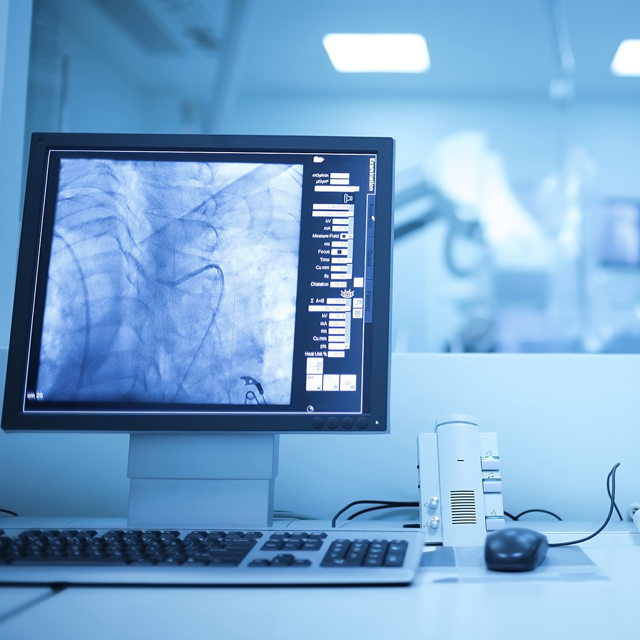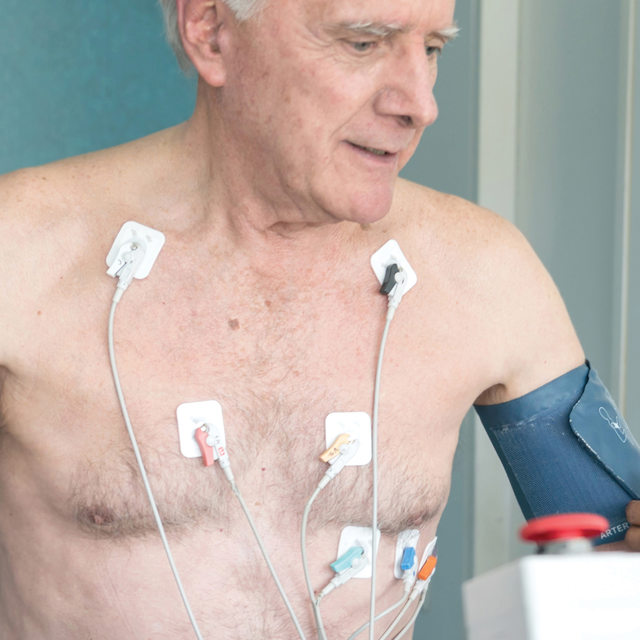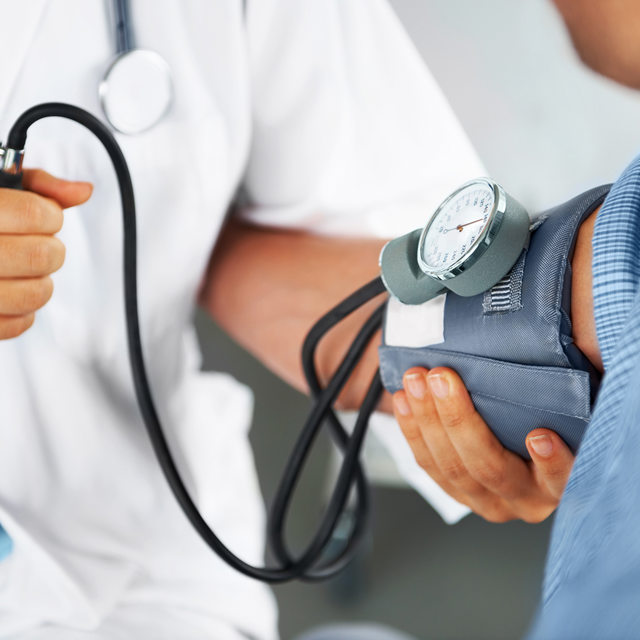
You Have a Heart Doctor in Pennsylvania
Learning you have heart disease or finding out you need to see a heart doctor can be tough. You understandably want the best care possible. After all, heart disease is the No. 1 cause of death among men and women in the U.S., including Pennsylvania. Fortunately, you can find an expert Penn Highlands Healthcare cardiologist in our regional cardiology clinics in Altoona, Brookville, Clearfield, Connellsville, DuBois, Greensburg, Huntingdon, Monongahela, Philipsburg, Punxsutawney, St. Marys, Somerset, State College, Tyrone and Uniontown.
If you took our Heart Health Quiz.
Heart Doctors Who Provide Comprehensive Cardiac Care
If you have a heart condition, a cardiologist, or heart doctor, can determine what’s causing your symptoms, such as shortness of breath, chest pain or dizzy spells. It’s important to see a cardiologist for these symptoms, as they often require specialized testing, which a cardiologist can perform or order. Penn Highlands cardiologists offer certain types of cardiac testing in their offices or outpatient centers or perform advanced heart tests at one of our nearby hospitals.
If you are diagnosed with a heart disease or problem, a cardiologist is the doctor who will develop your treatment plan. For chronic heart diseases, your cardiologist will help you manage the condition so that you can maintain the healthiest and most active lifestyle possible.
Your cardiologist may prescribe medication, recommend cardiac rehabilitation, or work with you on lifestyle changes. that can help improve your heart health and help you reduce your risk for future heart attacks, strokes or congestive heart failure. Your Penn Highlands cardiologist has the skills and training necessary to perform cardiac catheterization or balloon angioplasty, which is a procedure used to clear blockages in your arteries. Your cardiologist will also work closely with your primary care doctor to maintain your overall health and can refer you to a cardiac surgeon, if needed.
Conditions Heart Doctors Treat
Your Penn Highlands cardiologist has the skill and expertise to diagnose any heart problem. This type of heart doctor typically can treat or manage all of the most common heart problems and will refer you to heart specialists, such as heart surgeons, if necessary.
Some of the conditions our heart doctors treat include:
- Angina: Chest pain or discomfort that occurs when the heart muscle does not receive enough blood and oxygen.
- Aortic Abdominal Aneurysm: Located in the abdomen, the aorta is the body’s largest artery. When its wall weakens, it bulges and stretches.
- Aorta Disease: A group of conditions that affect the aorta which can be life-threatening if untreated.
- Arrhythmia: An irregular heartbeat that can be too fast or slow or have an uneven rhythm.
- Atherosclerosis: A disease of the arteries characterized by the deposition of plaques of fatty material on their inner walls.
- Atrial Fibrillation: A type of irregular heartbeat that occurs when the upper chambers of the heart beat abnormally fast and uneven.
- Blood Pressure and Cholesterol Care: Two factors should be checked regularly because they greatly increase the risk of heart problems.
- Cardiomyopathy: A disease that affects the heart which makes it difficult for it to pump blood.
- Congenital Heart Disease: A heart condition that is present at birth because the heart or blood vessels do not develop normally.
- Congestive Heart Failure: A long-term condition that occurs when the heart cannot pump enough blood to the body.
- Coronary Artery Disease: A condition that occurs due to the narrowing of the coronary arteries which reduces blood flow to the heart.
- Deep Vein Thrombosis: When a blood clot forms in a deep vein which causes pain, swelling and potentially serious complications if the clot breaks loose and travel to the lungs.
- Heart Attack: When blood flow to the heart is blocked depriving the heart muscle of oxygen.
- Heart Blockages: A disruption of electrical signals in the heart that causes an abnormal heart rhythm.
- Heart Defects: Structural abnormalities in the heart or blood vessels that are present at birth.
- Heart Failure: A serious condition that occurs when the heart cannot pump enough blood and oxygen to the body.
- Heart Palpitations: A feeling of rapid, irregular or pounding heartbeat.
- Heart Valve Disease/Conditions: Occurs when the heart’s valves do not open and close properly which can restrict blood flow.
- High Blood Pressure: Also called hypertension, this is a condition where the force of blood pushing against the walls of the arteries is consistently too high.
- Pericardial Disease: A condition that affects the sac that surrounds the heart which is called the pericardium.
- Peripheral Artery Disease: A condition that occurs when the arteries that supply blood to the legs or arms narrow or block reducing blood flow.
- Peripheral Vascular Disease: A chronic condition that occurs when blood vessels outside of the brain and heart narrow, spasm or become blocked.
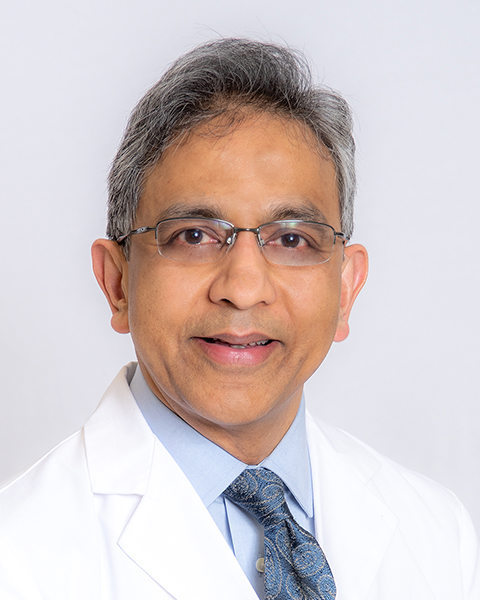
Cardiac Device Specialist
Cardiology
Interventional Cardiology
DuBois Regional Cardiology Associates - St. MarysA Partnered Service with Penn Highlands Healthcare
DuBois Regional Cardiology Associates - DuBoisA Partnered Service with Penn Highlands Healthcare
DuBois Regional Cardiology Associates - PunxsutawneyA Partnered Service with Penn Highlands Healthcare
DuBois Regional Cardiology Associates - State CollegeA Partnered Service with Penn Highlands Healthcare
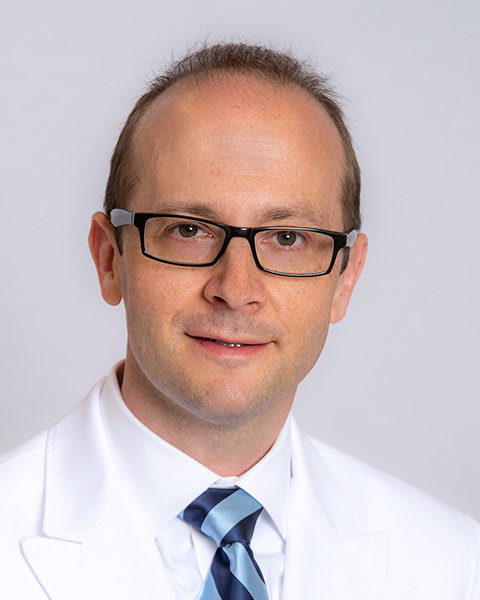
Cardiology
Interventional Cardiology
Non-Invasive Cardiology
DuBois Regional Cardiology Associates - St. MarysA Partnered Service with Penn Highlands Healthcare
DuBois Regional Cardiology Associates - DuBoisA Partnered Service with Penn Highlands Healthcare
DuBois Regional Cardiology Associates - State CollegeA Partnered Service with Penn Highlands Healthcare

Cardiology
DuBois Regional Cardiology Associates - DuBoisA Partnered Service with Penn Highlands Healthcare
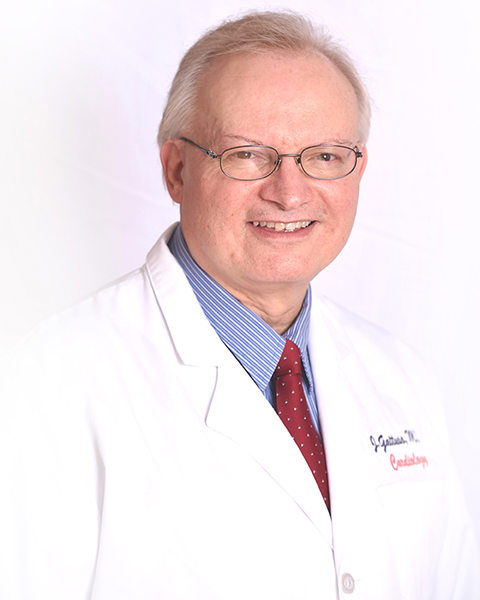
Cardiology
Interventional Cardiology
Cardiology Associates of Altoona, LLP - AltoonaA Partnered Service with Penn Highlands Healthcare
Cardiology Associates of Altoona, LLP - HuntingdonA Partnered Service with Penn Highlands Healthcare
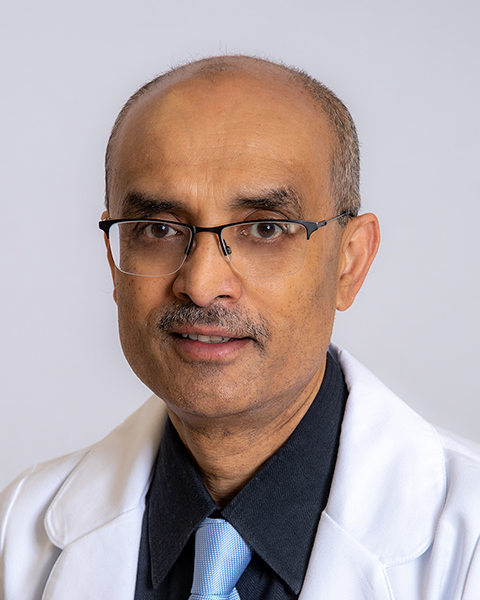
Cardiology
Interventional Cardiology
DuBois Regional Cardiology Associates - ClearfieldA Partnered Service with Penn Highlands Healthcare
DuBois Regional Cardiology Associates - DuBoisA Partnered Service with Penn Highlands Healthcare
DuBois Regional Cardiology Associates - State CollegeA Partnered Service with Penn Highlands Healthcare

Cardiology
DuBois Regional Cardiology Associates - DuBoisA Partnered Service with Penn Highlands Healthcare
DuBois Regional Cardiology Associates - PunxsutawneyA Partnered Service with Penn Highlands Healthcare

Cardiology
DuBois Regional Cardiology Associates - ClearfieldA Partnered Service with Penn Highlands Healthcare
DuBois Regional Cardiology Associates - DuBoisA Partnered Service with Penn Highlands Healthcare
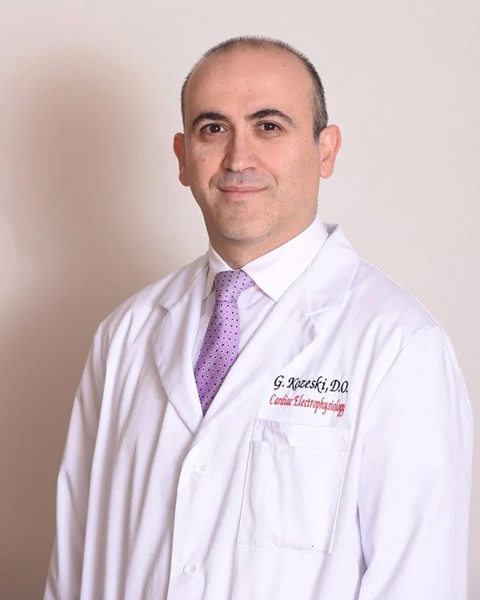
Cardiology
Cardiology Associates of Altoona, LLP - HuntingdonA Partnered Service with Penn Highlands Healthcare

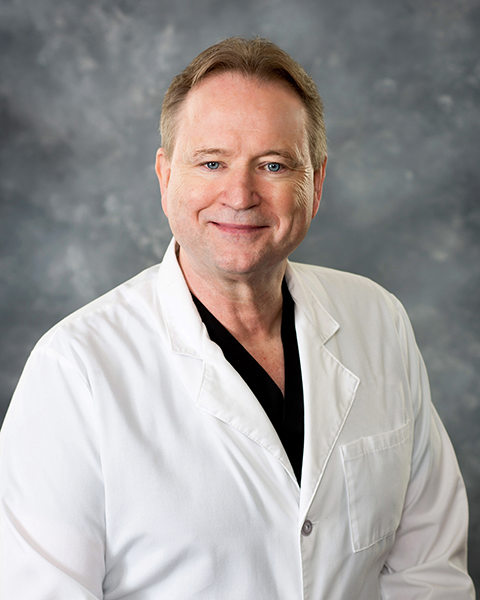
Cardiology
Cardiology Associates of Altoona, LLP - AltoonaA Partnered Service with Penn Highlands Healthcare
Cardiology Associates of Altoona, LLP - HuntingdonA Partnered Service with Penn Highlands Healthcare

Cardiology
Cardiology Associates of Altoona, LLP - HuntingdonA Partnered Service with Penn Highlands Healthcare

Cardiology
DuBois Regional Cardiology Associates - DuBoisA Partnered Service with Penn Highlands Healthcare

Cardiology
DuBois Regional Cardiology Associates - ClearfieldA Partnered Service with Penn Highlands Healthcare
DuBois Regional Cardiology Associates - DuBoisA Partnered Service with Penn Highlands Healthcare


Cardiology
Hospitalists
Penn Highlands Mon Valley
UPMC Heart And Vascular Institute Monongahela
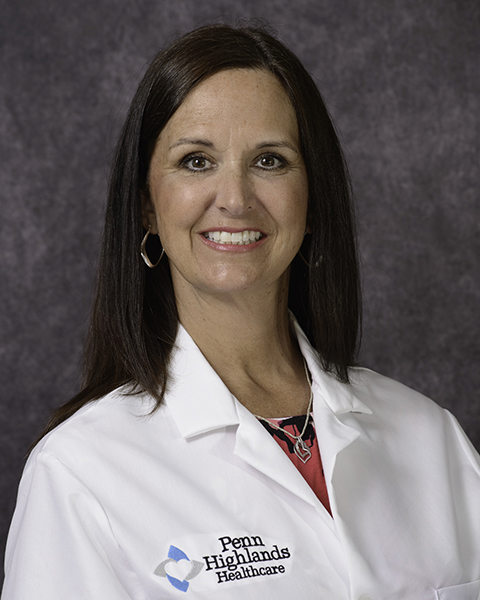
Cardiology
Cardiovascular/Thoracic Surgery
Penn Highlands Cardiology - Monongahela
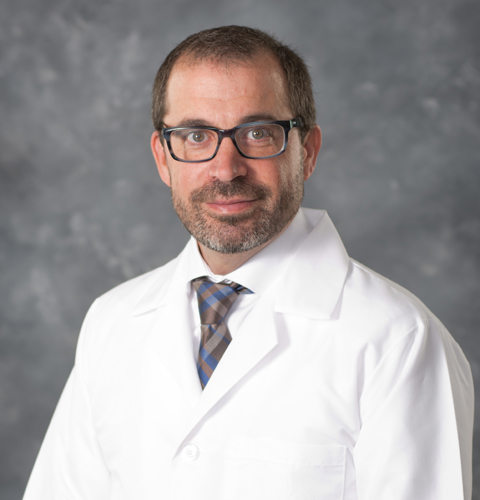
Cardiology
Cardiology Associates of Altoona, LLP - HuntingdonA Partnered Service with Penn Highlands Healthcare
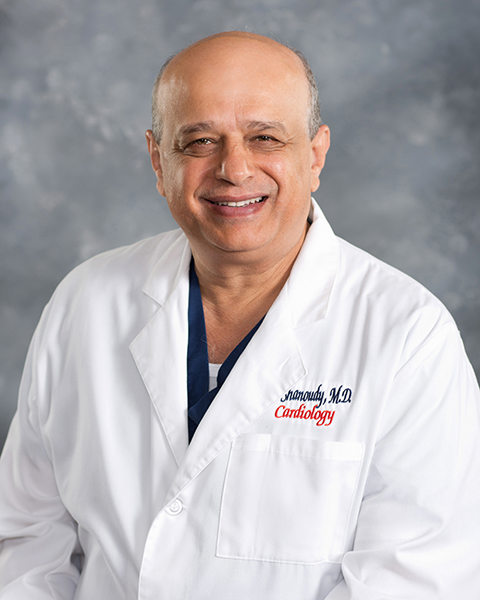
Cardiology
Cardiology Associates of Altoona, LLP - AltoonaA Partnered Service with Penn Highlands Healthcare
Cardiology Associates of Altoona, LLP - HuntingdonA Partnered Service with Penn Highlands Healthcare
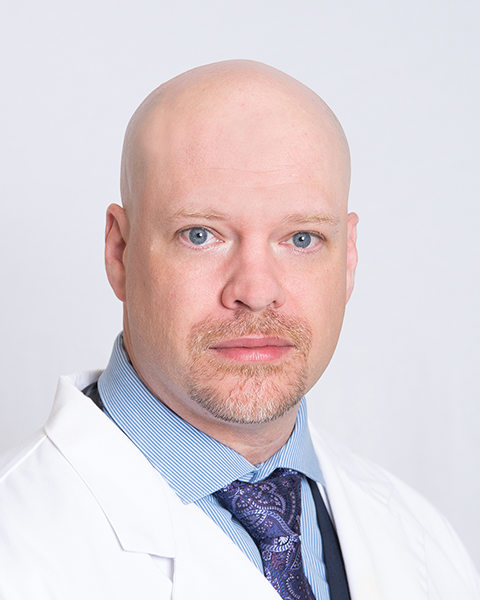
Cardiology
DuBois Regional Cardiology Associates - BrookvilleA Partnered Service with Penn Highlands Healthcare
DuBois Regional Cardiology Associates - ClearfieldA Partnered Service with Penn Highlands Healthcare
DuBois Regional Cardiology Associates - DuBoisA Partnered Service with Penn Highlands Healthcare
DuBois Regional Cardiology Associates - State CollegeA Partnered Service with Penn Highlands Healthcare
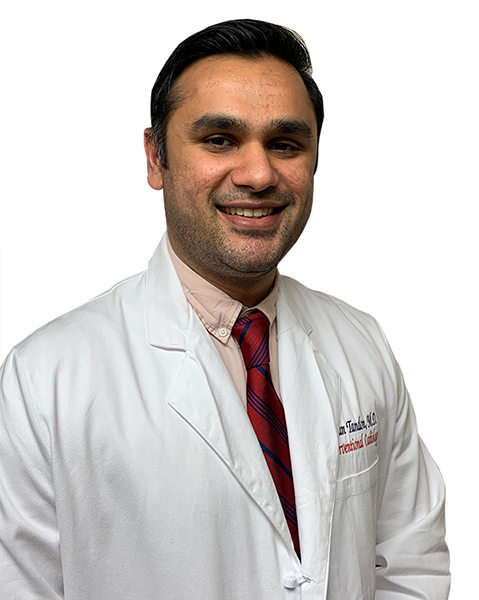
Cardiology
Cardiology Associates of Altoona, LLP - AltoonaA Partnered Service with Penn Highlands Healthcare
Cardiology Associates of Altoona, LLP - HuntingdonA Partnered Service with Penn Highlands Healthcare
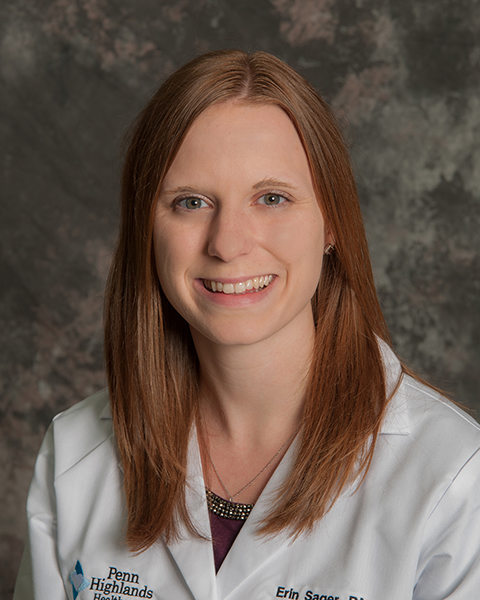
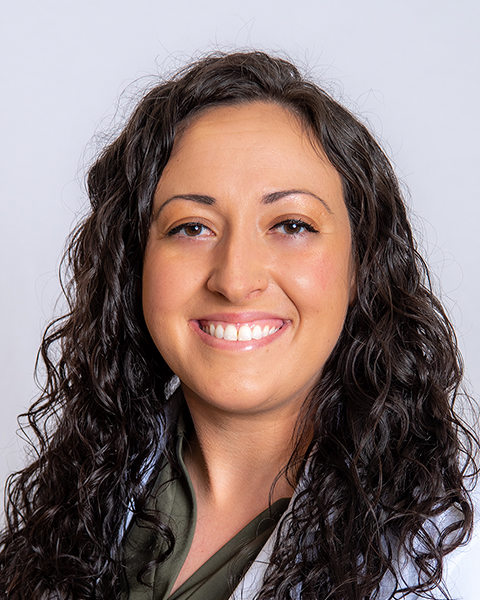
Cardiology
DuBois Regional Cardiology Associates - DuBoisA Partnered Service with Penn Highlands Healthcare

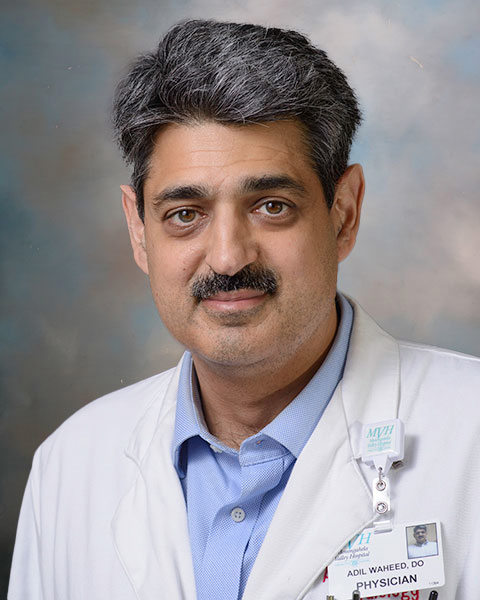
Cardiology
Interventional Cardiology
Vascular Surgery
Penn Highlands Cardiology - Monongahela

Cardiology
Non-Invasive Cardiology
DuBois Regional Cardiology Associates - St. MarysA Partnered Service with Penn Highlands Healthcare
DuBois Regional Cardiology Associates - ClearfieldA Partnered Service with Penn Highlands Healthcare
DuBois Regional Cardiology Associates - PhilipsburgA Partnered Service with Penn Highlands Healthcare
DuBois Regional Cardiology Associates - PunxsutawneyA Partnered Service with Penn Highlands Healthcare
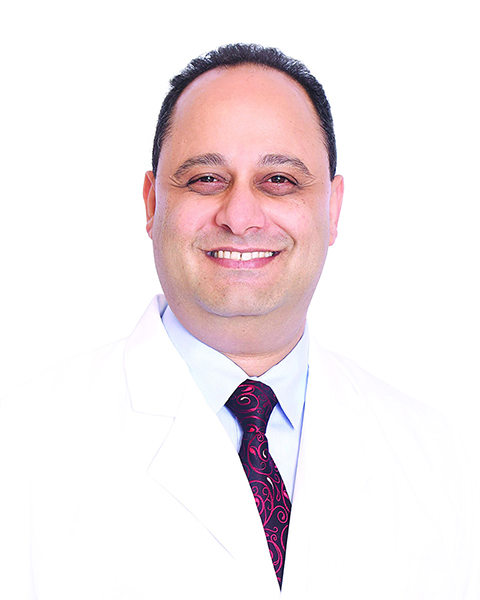
Cardiology
Cardiology Associates of Altoona, LLP - AltoonaA Partnered Service with Penn Highlands Healthcare
Cardiology Associates of Altoona, LLP - HuntingdonA Partnered Service with Penn Highlands Healthcare
Types of Heart Doctors
Sometimes cardiologists are called different names if they specialize in certain areas of heart care. Here are the common categories of cardiologists:
- Cardiologist. A cardiologist, or heart doctor, is an internal medicine physician who completes an additional three years of medical training in heart care. Cardiologists specialize in diagnosing and treating abnormalities and diseases of the heart and vascular system.
- Electrophysiologist. An electrophysiologist is a type of cardiologist who specializes in the diagnosis and treatment of heart rhythm problems (arrhythmias), such as atrial fibrillation. Your cardiologist will let you know if your heart condition requires evaluation or treatment by an electrophysiologist.
- Interventional cardiologist. This is a heart doctor who has had extra training in treating cardiovascular disease and structural heart problems through minimally invasive catheter procedures. A catheter is a thin flexible tube that is guided through blood vessels to the problem area. With specialized tools that fit through the catheter, an interventional cardiologist can perform procedures to open clogged arteries by placing stents, repair holes in the heart or structural problems, or place special devices in the heart to help it function better. The newest procedure being performed by Penn Highlands interventional cardiologists is TAVR, a minimally invasive heart valve replacement procedure.
FAQs
Can I Go Straight to a Cardiologist?
If you’re concerned about your heart health, you’re probably wondering if you should make an appointment with a cardiologist or if you need to have a referral from your primary care provider (PCP) first. Your PCP can diagnose and treat conditions that can lead to heart disease, such as high blood pressure and cholesterol. Your PCP also can manage chronic health conditions, such as congestive heart failure but typically will work with a cardiologist when the problem is first diagnosed to help create the treatment plan. If your PCP has referred you to a heart doctor due to your symptoms or a suspected or diagnosed heart condition, you can make an appointment directly with a Penn Highlands cardiologist. Be sure to check your health plan to make sure you have obtain any required referrals and that your selected cardiologist is in your health plan.
Penn Highlands Healthcare has a regional cardiology network throughout central Pennsylvania including cardiology physicians in DuBois, Altoona, Brookville, Clearfield and more. Find a cardiologist near you.
It depends on your reason for visiting a heart doctor, but in general your heart doctor will learn your health history, perform a physical exam and ask you about your symptoms. He or she then may order tests to look for heart disease or heart problems, such as arrythmia. It’s important to bring with you a list (or the bottles) of any medication you’re taking—including over-the-counter drugs and supplements—as that may play a role in your care. It’s also good to have a record of your symptoms and any heart disease that is in your family, such as the relationship and age of a family member who has had a heart attack.



